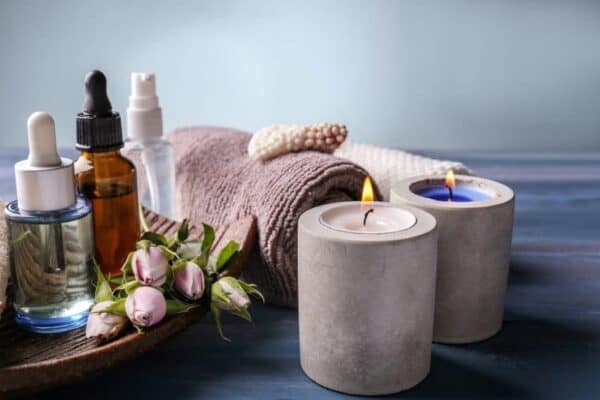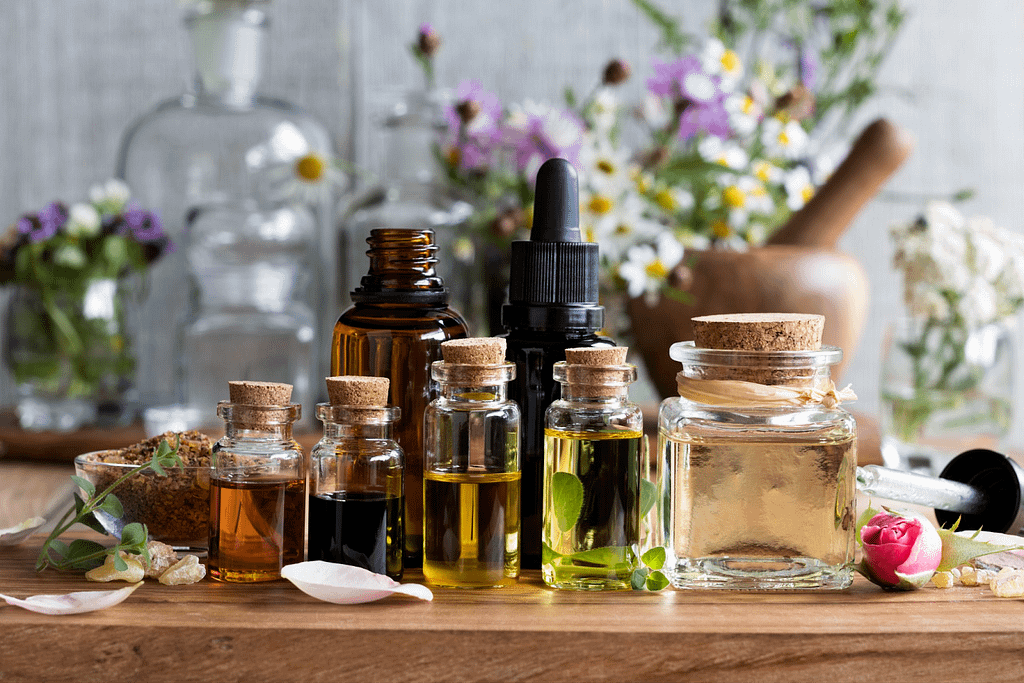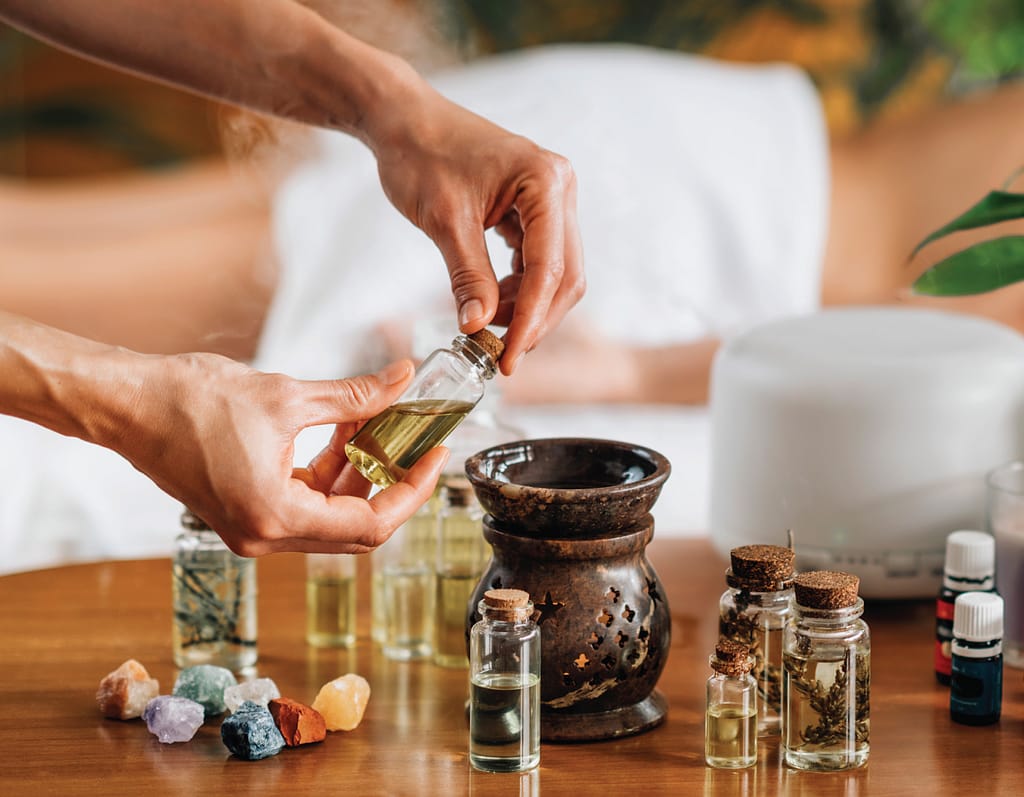
Safety and effectiveness might be better guaranteed by finding a qualified aromatherapy professional. As the popularity of this therapy continues to grow, so does the importance of knowing that your practitioner possesses the right kind of expertise. You’ll find that there’s a method for finding a professional who meets your personal needs and ensures a positive journey through therapy.
What qualifications are required to become a certified aromatherapy professional?
To become a certified aromatherapy professional it is essential to get certified by organizations such as the National Association for Holistic Aromatherapy NAHA. The professional has to be knowledgeable about essential oils, their blending techniques, and safety usage. Check their education and practical experiences.
Look for someone who is continuing their education, current with safety practices, and new research in their field. That is also a plus if they have experience in working with clients to adjust treatment according to what a particular person may want or need. Both theoretical knowledge and practical use are important when it comes to the qualification assessment.
How to tell if an aromatherapist is experienced?
Assessing an aromatherapist’s experience requires looking beyond their qualifications. It may be necessary to inquire into how long they have been in the profession and whether they have special experience in treating conditions similar to yours.
You can request client testimonials or case studies, which will help determine how well they have treated specific health concerns. A well-seasoned aromatherapist will seemingly be able to discuss, with clarity, an approach to treatment and give examples of successful treatment outcomes for previous clients.

Why is insurance important for an aromatherapist to have?
Insurance is important for an aromatherapist to have because it provides some protection for both the client and practitioner in case of an adverse reaction or allergic response to an essential oil. More importantly, it gives the practitioner some sense of security should such an accident result in claims for compensation.
This, in turn, reassures the client that the practitioner can offer professional guarantees for acting ethically and within the legal framework of their professional practice. It is important to obtain at the outset of a session whether or not the aromatherapist is insured and observes certain safety precautions, such as a patch test or charting of medical history.
What to expect from a consultation with an aromatherapy professional?
A complete consultation with an aromatherapist would start off by enquiring about your medical history, allergies, and what you would like to achieve from the treatment. Following that, the aromatherapist will recommend essential oils or blends depending on what you may say you are concerned with, such as stress, headaches, or skin conditions.
They are able to explain the properties of the oils used, possible side effects, and ways these can safely be introduced into one’s routine. Other personalized recommendations might deal with lifestyle advice on how best to maximize additional benefits that come along as a result of their consistent use.
What safety precautions should an aromatherapist follow?
A qualified aromatherapist would first be concerned with safety in each session. This would include doing patch tests to rule out allergic reactions to certain essential oils, proper dilution of essential oils according to a person’s sensitivity, and discussing contraindications, especially regarding pregnancy, children, and those who have pre-existing conditions.
Following the session, they need to give detailed instructions regarding safety measures at home, including storage and application. Regular follow-up sessions guarantee observation in case there is an adverse reaction. Modifications to the treatment method are made accordingly.

Can aromatherapy professionals specialize in different areas of health?
Yes, most of the time, an aromatherapy professional specializes in certain areas of health and always tailor their treatments to individual clients’ needs. Some might deal with stress and anxiety and use oils that give a soothing effect; others might work with skin conditions, using either antibacterial or soothing oils.
Among other popular spheres of specialization are chronic pain management and hormonal balance. It is always good to consult with the aromatherapist prior to booking in order for them to find out their experiences in your particular concern. Their specialized knowledge will not only help improve the effectiveness of your treatment but also align with your health goals accordingly.
Wrapping Up!
You will have to be with careful when finding an experienced aromatherapist-qualifications, experience, and safety practices. Ask the right questions and verify their credentials to ensure safe and effective treatment. Specialized knowledge in the area of your health concern can be utilized in more tailored applications. Follow these tips to make an informed decision and enjoy the many benefits associated with aromatherapy.

